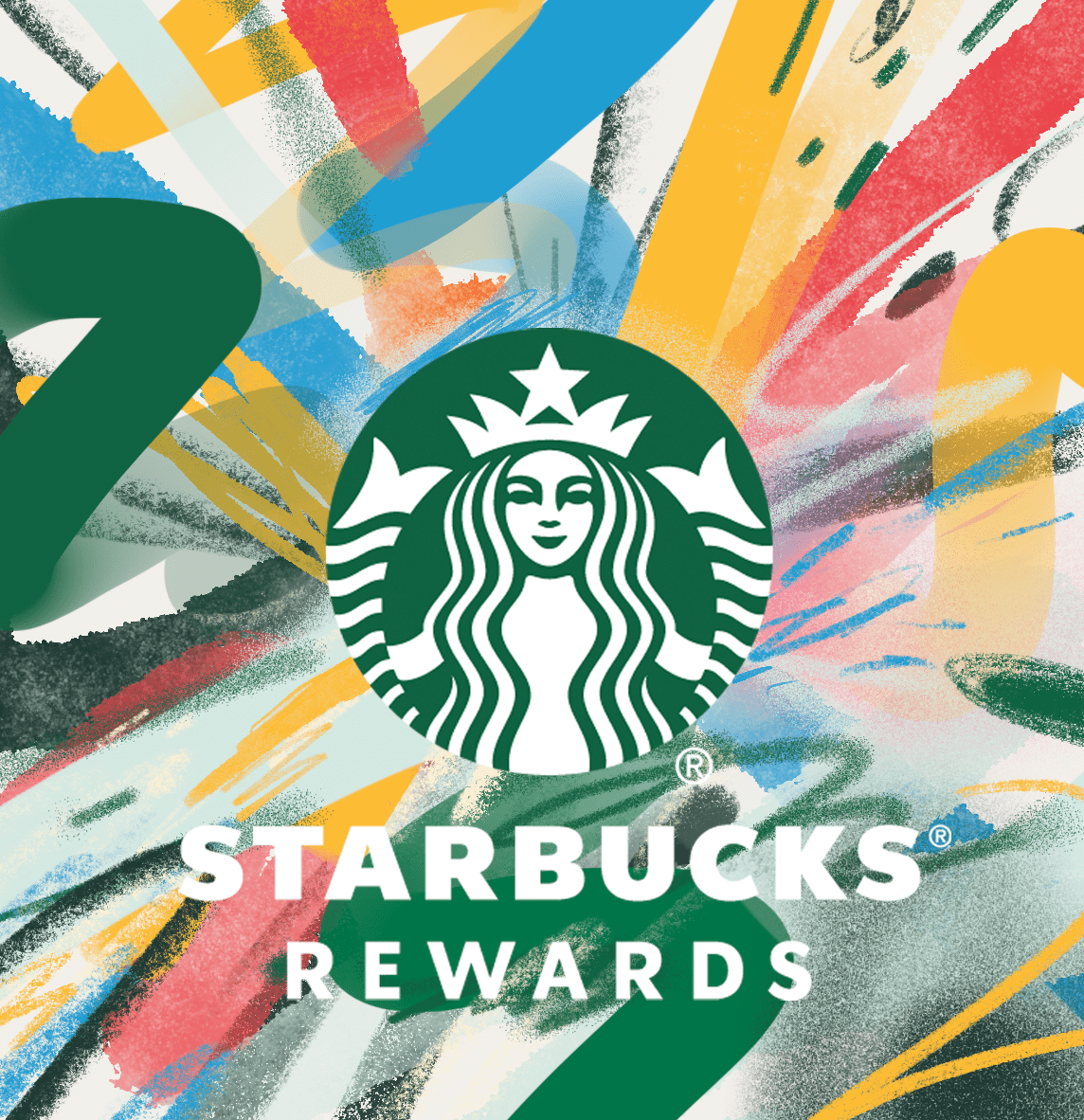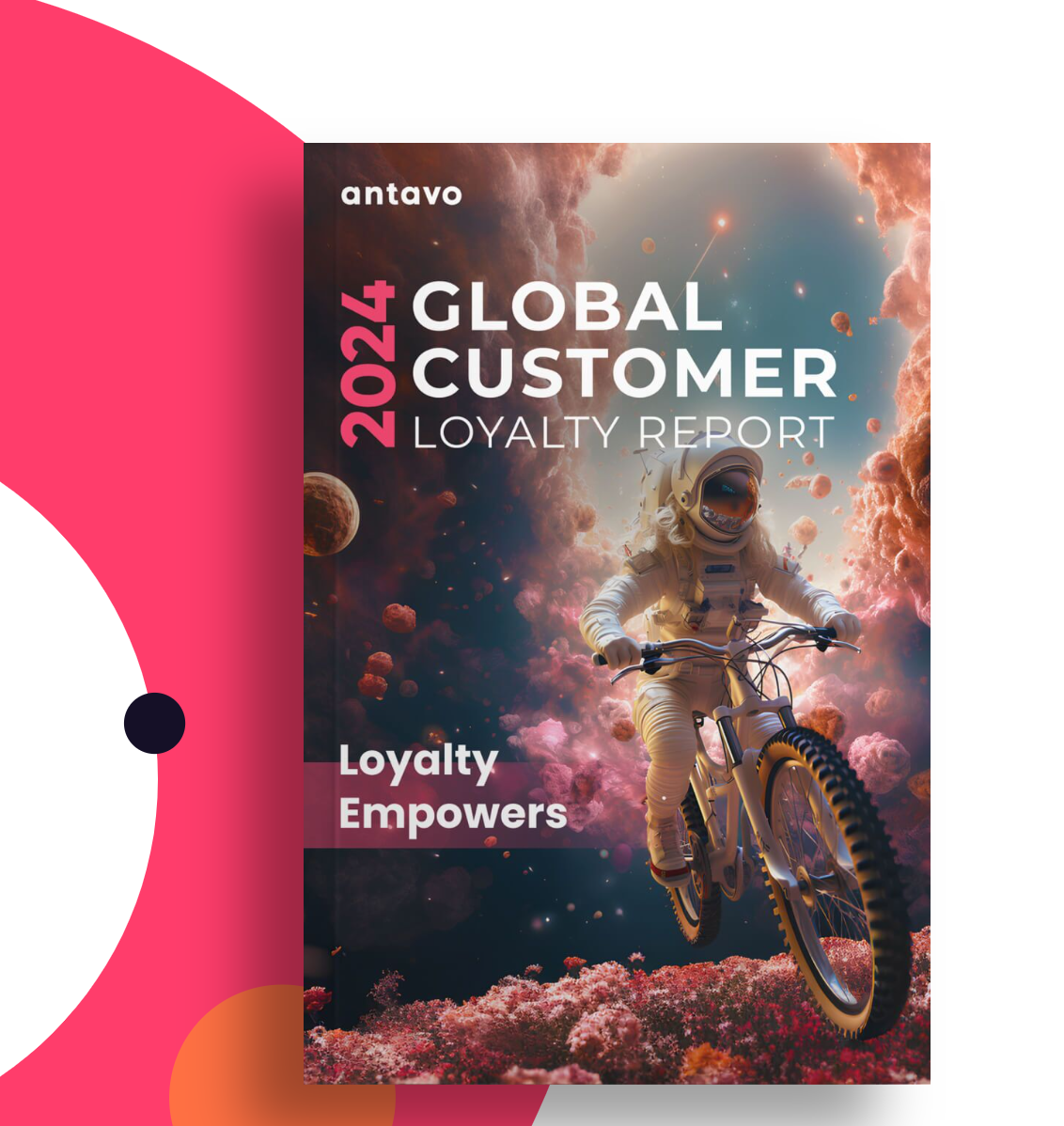My Coke Rewards: What Went Wrong?
jodithepug
Posted on January 24, 2024 - 0 Comments
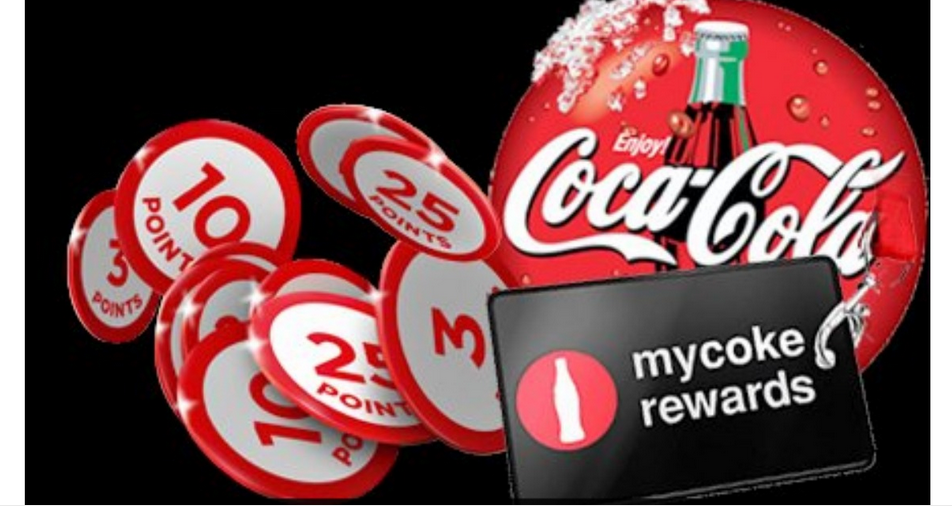
by Steve Bocska
The story of Coca-Cola’s “My Coke Rewards” program stands as a powerful cautionary tale in the history of customer loyalty initiatives. This program’s shortcomings highlight a critical lesson: even the most established industry leaders can stumble when their loyalty strategies fail to align with their brand’s fundamental values and overarching marketing goals.
“My Coke Rewards” was launched in 2006 amid much excitement, representing Coca-Cola’s ambitious effort to engage customers by rewarding their product purchases. The concept was straightforward: customers earned points with each purchase, redeemable for various rewards. This seemed like a quintessential loyalty program, but in practice, it deviated significantly from Coca-Cola’s celebrated marketing heritage. Known for evoking feelings of joy, togetherness, and universal appeal, Coca-Cola veered off course with “My Coke Rewards.” The program was heavily transaction-focused, contrasting sharply with the emotional connection typically forged by the brand’s advertisements. This shift created an incongruous experience for consumers accustomed to associating Coca-Cola with memorable, emotion-driven experiences, not a mechanical points system.
Operational flaws in “My Coke Rewards” exacerbated its problems. The process of accumulating and redeeming points was overly complicated, and the rewards, often bearing little relevance to the brand, lacked desirability. Customers, instead of feeling integral to the Coca-Cola community, found themselves mired in a convoluted system providing scant emotional or practical benefit. These misalignments and operational issues negatively impacted how consumers perceived the brand. Rather than cultivating loyalty, “My Coke Rewards” inadvertently bred customer frustration. This was further aggravated by the program’s failure to integrate with Coca-Cola’s broader marketing strategies, which have historically focused on engendering a sense of global joy and connection. By June 2017, the program was withdrawn from the marketplace.
For a loyalty program to be effective, it must echo the brand’s core values and ethos. The flaw with Coca-Cola’s strategy wasn’t the concept of a loyalty program but its implementation, which strayed from the brand’s essence. Furthermore, a loyalty program should be user-friendly and straightforward. However, the complexity and inconvenience of “My Coke Rewards” deterred user engagement, overshadowing any potential customer benefits. The program also lacked an emotional connection, reducing customer value to mere transactional interactions.
“My Coke Rewards” thus offers essential insights for companies exploring the domain of customer loyalty programs. Successful programs should do more than just reward purchases; they should magnify the brand’s core messages and values, simplify the customer experience, and align seamlessly with the brand’s overall marketing strategy.
Keep Reading...
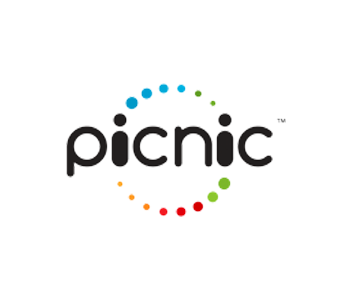
World of PUG Blog April 3, 2024
PUG Announces Launch of AI-Driven Intelligent Rewards System (IRS)
by Steve BocskaPress ReleaseFOR IMMEDIATE RELEASEPUG Interactive Launches Intelligent Rewards
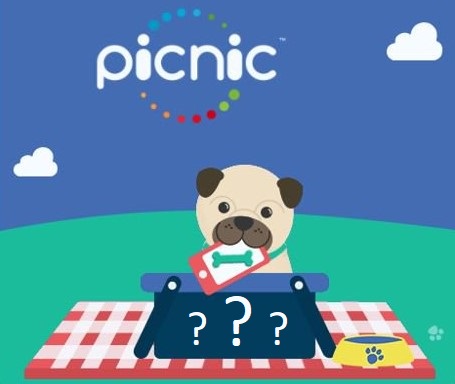
World of PUG Blog April 3, 2024
PUG Interactive Unveils InsightPulse: A Revolutionary Predictive AI Analytics Dashboard
by Steve BocskaPress ReleaseFOR IMMEDIATE RELEASEPUG Interactive Unveils InsightPulse: A
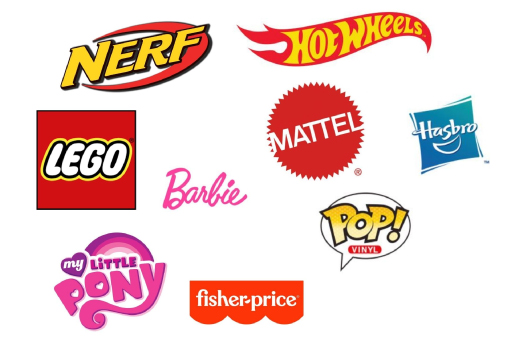
World of PUG Blog March 21, 2024
Building Bonds: The Future of Family-Focused Loyalty Programs
by Steve BocskaThe children's toy industry, home to iconic brands

